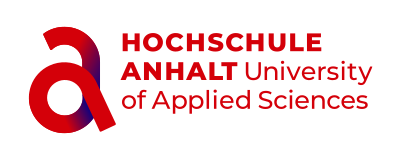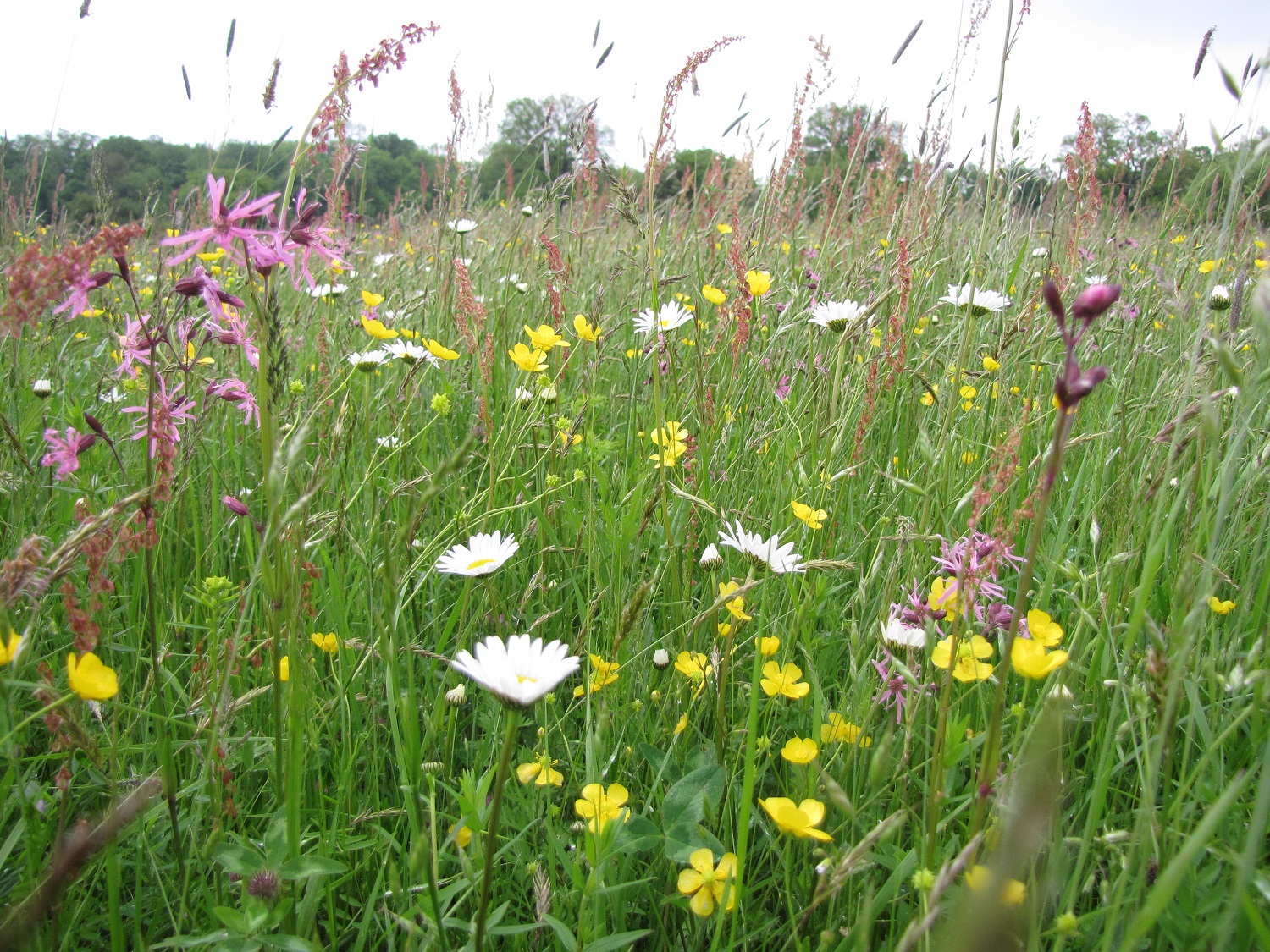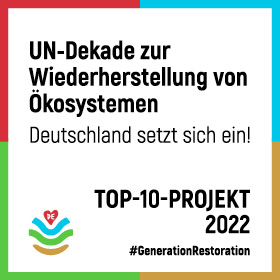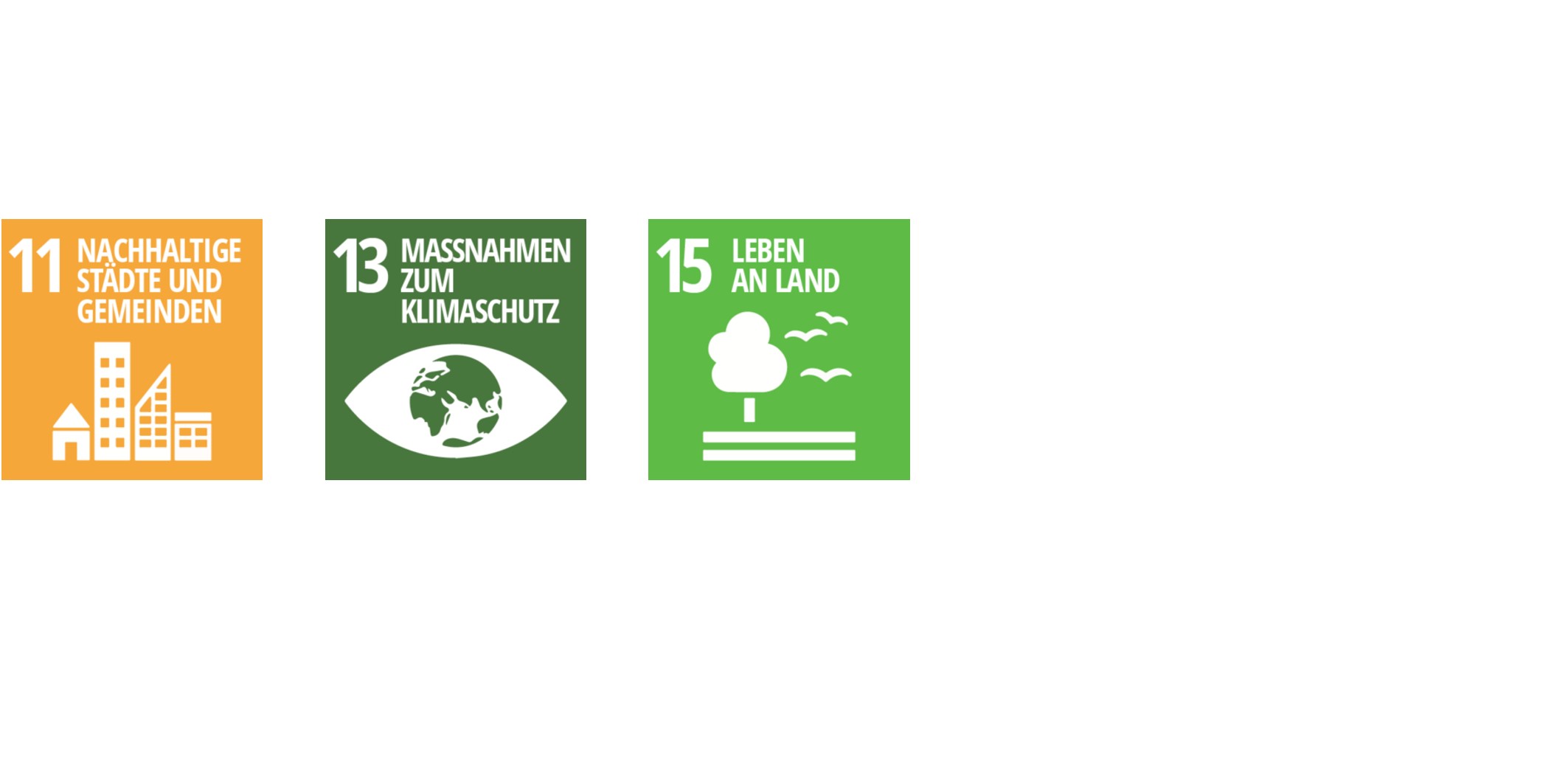What works and why in grassland restoration in Germany? A multi-region social-ecological assessment and pilot implementation of successful approaches (Grassworks)
Motivation of the project
Motivation of the project


The overarching goal of Grassworks is to reverse the current trend of continuing loss and fragmentation of species-rich grasslands. In the project, researchers from ecology, social sciences and economics, together with the Thünen Institute as an interface between science and politics and the German Association for Landscape Management, want to investigate in a transdisciplinary research approach which factors are decisive for successful grassland restoration. In each of three regions of Germany (North, Central, South), 30 already implemented restoration projects will be subjected to a post-hoc analysis in order to quantify the influence of ecological, socio-ecological and socio-economic framework conditions on restoration success and to identify leverage points for more biodiversity and multifunctionality. Grassworks will thus provide a unique overall analysis of the direct and indirect drivers of the restoration success of grassland ecosystems.
In addition, three real world labs in North, Central, and South Germany will be installed, aiming for participatory restoration actions with regional stakeholders. In a transdisciplinary approach, we want to identify leverage points leading to a higher appreciation of biodiversity, ESF and ESS and a better knowledge of successful grassland restoration methods. An analysis of the economic and political aspects of grassland restoration will highlight strengths and deficits and provide options for action to improve governance at different scales.
By means of inter- and transdisciplinary modelling, the various results are synthesised and flow into an innovative online information and prognosis tool for successful grassland restoration. Initiating a research-based transformation process in the real world labs should lead to a continuation and be transferable to other regions. Our innovative advisory tools will significantly improve the planning, technical and ecological quality of implementation. Prioritisations will outline societal decision-making processes on suitable sites, taking into account the restoration target (including long-term carbon storage, increasing resilience to weather extremes, promoting pollinators, producing high-quality forage, improving cultural ESS).
Grassworks takes a social-ecological systems approach that explicitly captures the dynamics of biodiversity valuation, improves governance structures, develops scenarios of future policy instruments and nature conservation strategies, and thus contributes decisively to the protection of grassland biodiversity.Link to the official project webpage
Lead:
Prof. Dr. Vicky Temperton (vicky.temperton@leuphana.de), Leuphana University Lüneburg,
supported by Prof. Dr. Anita Kirmer (anita.kirmer@hs-anhalt.de), Anhalt University of Applied Sciences
Project co-worker Anhalt University of Applied Sciences:
Prof. Dr. Sabine Tischew (Sabine.Tischew@hs-anhalt.de)
Dr. Annika Schmidt, M.Sc. Line Sturm, M. Sc. Konrad Gray
Other projekt partner:
Technical University of Munich (Prof. Dr. Johannes Kollmann, Prof. Dr. Johannes Sauer)
Greifswald University (Prof. Dr. Volker Beckmann)
Thünen-Institute for Biodiversity, Braunschweig (PD Dr. Jan Thiele)
Landcare Germany (DVL) (Dr. Jürgen Metzner)
Funded by Federal Minstriy for Education and Research, Research Initiative for the Conservation of Biodiversity (FEdA)
FKZ: 16LW0095
Duration: 11/2021 - 10/2024
This is our offical project website.







